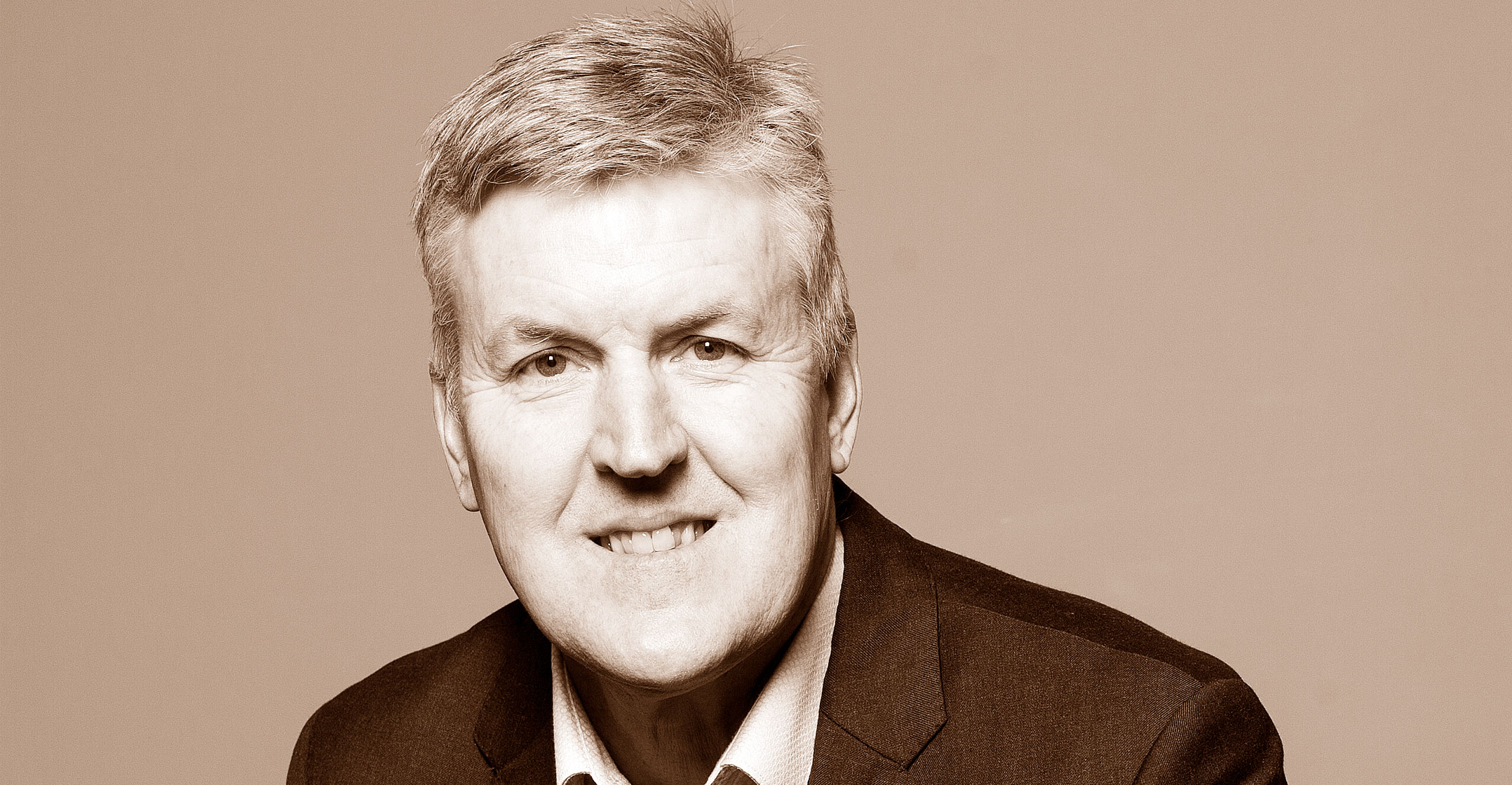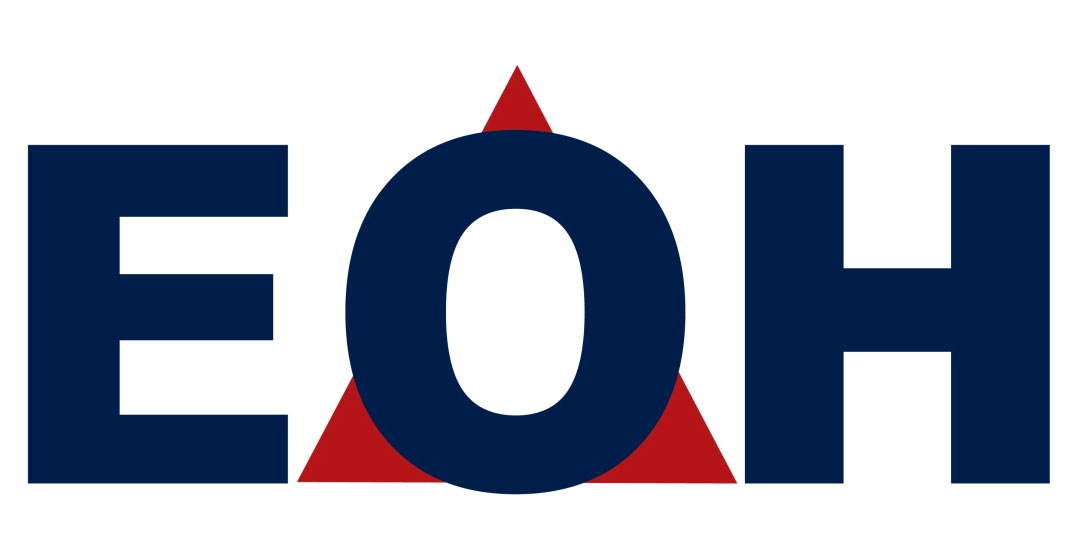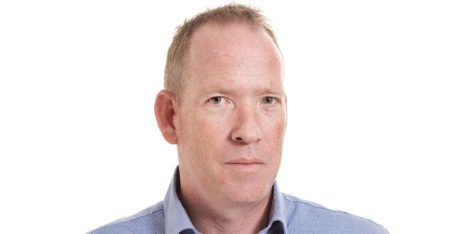
EOH Holdings said in an investor update on Wednesday that it turned in a “resilient financial performance” in its third fiscal quarter – to end-April – and that it’s returned to a stable and cash-generative position.
CEO Stephen van Coller said this has been achieved “at least six months ahead of plan”.
In the update, issued before EOH goes into a closed period at the end of this month (its financial year-end is 31 July), the group said it is making “positive progress” in a number of areas, including creating greater transparency in its business and its financial numbers; creating a fit-for-purpose capital structure; and rebuilding credibility through establishing robust governance procedures.
“EOH is now in a position where, within an unprecedented macroeconomic environment, the core iOCO business remains stable, the intellectual property businesses are sound and Nextec is well positioned to return to a state of profitability,” it said.
EOH recently completed a detailed strategic review of iOCO and it concluded that the business’s “end-to-end ICT capability provides a significant differentiator on which to meaningfully grow its market share going forward”.
“The Nextec strategy has also been updated to reassess the businesses, which have started to turn around and for which a clearer strategy within the group was required. Nextec is now focused on three core areas: business process outsourcing; technology infrastructure; and disposing of non-core assets that are either balance sheet-intensive or of too high a risk profile.”
Entities sold
During the 2020 financial year, eight EOH entities were deregistered and another 41 entities sold. There will be more of this in the new financial year, it said.
While Covid-19 has resulted in a weaker macroeconomic environment, the performance of the core iOCO business has remained “relatively resilient”.
“The total group has, however, felt some softening at a revenue level because of the impact of lockdown and Covid-19. This was offset through cost-control measures implemented across the group. Consequently, EOH expects to show meaningful improvement in Ebitda performance, before normalisation adjustments, from the first half to the second half,” it said. Ebitda is a measure of operational profitability and refers to earnings before interest, tax, depreciation and amortisation.
 The group said it has also seen positive cash generation from operations for the second half of the financial year. Management targeted cash cost savings of R400-million over the four months to the end of July 2020. “To date, through strict adherence to cost control measures — including salary cuts for three months — management has been able to achieve in excess of 90% of this target. Sustainable cost savings of 3% to 5% are expected to continue into the new financial year.”
The group said it has also seen positive cash generation from operations for the second half of the financial year. Management targeted cash cost savings of R400-million over the four months to the end of July 2020. “To date, through strict adherence to cost control measures — including salary cuts for three months — management has been able to achieve in excess of 90% of this target. Sustainable cost savings of 3% to 5% are expected to continue into the new financial year.”
Also, EOH has exited over 28 000sq m of property in the past year, resulting in future savings of R84-million/year.
Cash balances have increased from about R893-million on 3 June to about R1-billion on 28 July.
On its debt deleveraging plan, EOH said it has repaid lenders R542-million of a target of R1.6-billion, mainly from disposing of assets.
“Disposal proceeds in the current financial year totalled R421-million and capital repayments to lenders totalled R292-million. In addition, EOH serviced R319-million in interest costs on this debt in the current financial year. The lower outstanding debt balance, of approximately R2.5-billion, combined with the sizeable reduction in interest rates, will result in materially lower and more manageable financing costs for the group.”
EOH shares leapt higher on the update and was trading up 13.1% at R5.50/share at 4.52pm in Johannesburg.
The group is expected to publish its full-year results on 17 November. This is later than usual, but the group deemed it necessary given the Covid-19 lockdown. — © 2020 NewsCentral Media




